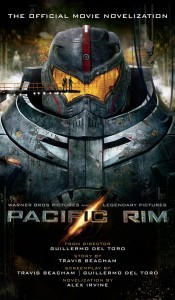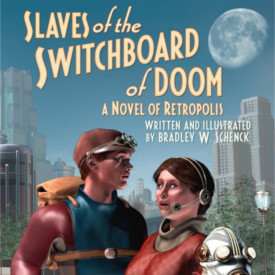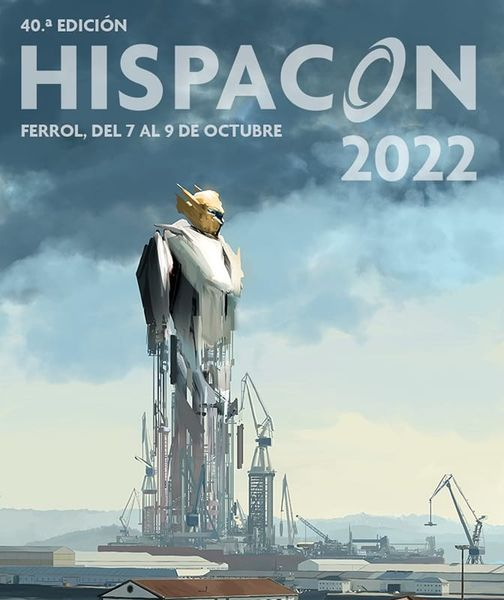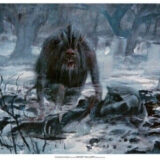Okay, we know Pacific Rim is a movie. We’ve seen the trailers and promos and probably the movie itself. It is wringing with stunning visual effects meant to astonish the minds of the audience. For those interested in the film, there are already some insightful reviews here at Amazing Stories by Jack Dowden and Geoff Wakeling. These posts discuss in length the characters and overall plot, but in the end, Pacific Rim is still just a movie.
Here, we’re talking about the book.
I believe the novelizations of films do three things. One, they provide bonus material for nerdy fans who want everything on the market that has something to do with their favorite film. Two, they provide a foundation for additional stories for those same fans who don’t want the storyline to end after the credits. And third, they give loyal literary fans a platform to enjoy good stories without the biased spectacle of Hollywood. This book does all three.

Written by award winning author Alex Irvine and published by Titan Books, Pacific Rim is a lot like the movie in that it is a unique balance of imagery and narrative. But that is where the comparison ends. I often bring up elements like character development and story believability in my reviews to reflect on strengths and weaknesses of a particular work. Being a novelization of a story and screenplay written by somebody else, the credit of such elements can often be misguided. This story works because the author’s writing style makes it work.
What makes this novelization stand out from its big screen counterpart is Irvine’s ability to take some of the more intricate ideas and bring them to life in the mind of the readers. In the hands of other authors, giant fighting robots called Jaegers, giant monsters from the deep called kaiju, and a complex brain link idea might have seemed farfetched or cartoonish. Here, Irvine allows the reader to take it more seriously.
No matter who came up with the idea of a symbiotic Vulcan-type mind-meld between the two human operators of the giant robots, this neural “Drift” premise will not work in prose unless the author makes it work. If the two pilots are not attuned with each other, the amount of energy it takes to operate these machines will be too overwhelming and eventually kill the operator. Ironically, this same foundation for the Drift concept applies to the success of the author’s writing style. If the author is not in sync with the reader, the story will die. Readers of Pacific Rim will find definitive interactions bouncing from past to present while mixing memories and thoughts. The flow and egressions between these mental allusions never waver, making this fantastic idea easy to follow and keeps the story alive.
The enormity of the robots is another aspect paramount to the emotion in Pacific Rim. Exoskeleton machines built by man to face off against giant monsters from the deep could have the same disastrous feel of an old Godzilla movie. But a lot of the battle scenes take place within these massive vessels, giving the reader an appreciation for what really goes on inside rather than just the action on the outside. Sure the robot verses monster is a major part of the theme and the action provides the necessary suspense, but the soul of the robot is what goes on between the Rangers piloting the machine from inside, and Irvine makes this obvious to the reader.
I can’t end this post without mentioning how the acknowledgment in the back of the book was a pleasant surprise. It turns out Alex Irvine is a local author (within driving distance – but not in a stalker kind of way), and I discovered he grew up watching the same influential local programs I did. Johnny Sokko and His Flying Robot was a highlight in my after school routine. Irvine brings back all of those fond memories in this book – without the giant Sphinx headed robot of course.
Alex Irvine allows the reader to take in what is really going on in Pacific Rim. This is a book that stands alone by allowing fans to appreciate the literary value not always expressed through film. Forget that it is a crazy idea. Forget that this is a book based on a movie. Why? Never once while reading this did I wonder how the imagery was depicted on the big screen. To date, I have not seen the movie. Even though I probably will (I have kids – it’ll probably happen), I don’t feel like I need to. I did something better I believe to be better. I read the book.











This is really cool Ricky, I had no idea this book was out and I’ll definitely check it out. I haven’t read a novelization of a story originating from a digital medium in a while. It’s worth noting that the original graphic novel, Pacific Rim: Tales from Zero Year that serves as a prequel is also worth looking in to.
However, I feel that you are discounting the importance of film as a media. Don’t get me wrong, books are one of the best things to ever exist and will continue to be as such, but there are many things they do not do by design that film does: one of which is tell a visual narrative through context and sight alone. That is something to be absorbed, not cast aside.
Since you haven’t seen it, I won’t go into the details or specifics, but there is a surprising amount of nuance present in the film so long as you’re looking for it. The world makes so much sense without having it narrated to the viewer directly – an attentive member of the audience will perceive del Toro’s vision of this future Earth by means of witness as opposed to reader.
If you’re interested, I also posted a review of it here: https://amazingstories.com/2013/07/humanitys-metal-hope-a-pacific-rim-review/
I’d be curious to see what you think of the film, though it may to be too late to see it in theatres.
Thanks Zachary. I agree. I enjoy SF in film a lot also. My interest in novelizations began when I was a kid and my parents wouldn’t let me see the movie…so I always turned to the book. They could hardly said no when it came to books so it was still a win for me. Now that I’m an old guy, I get to enjoy both types of media and compare them.
If I don’t see this one in the theatre, it’ll be on my short list when it hits DVD.
I’d be interested to hear what you think of the movie once you get to it, for sure. I’m looking up where I can get the novelization as we speak and am quite excited.